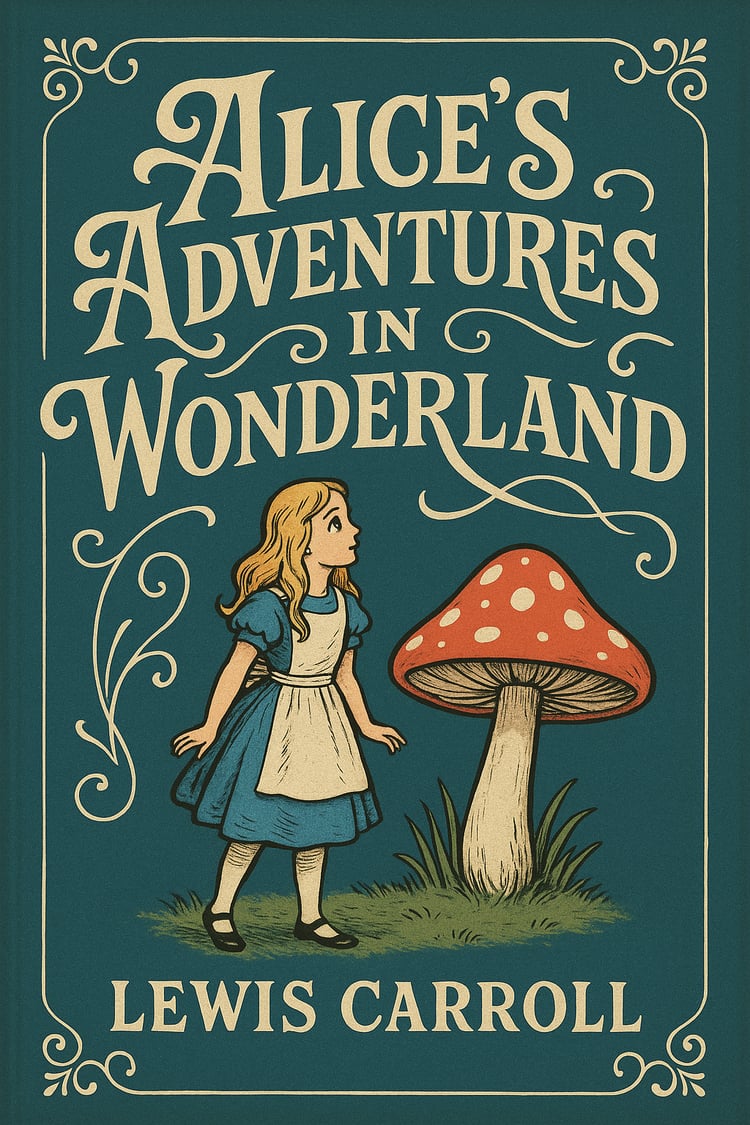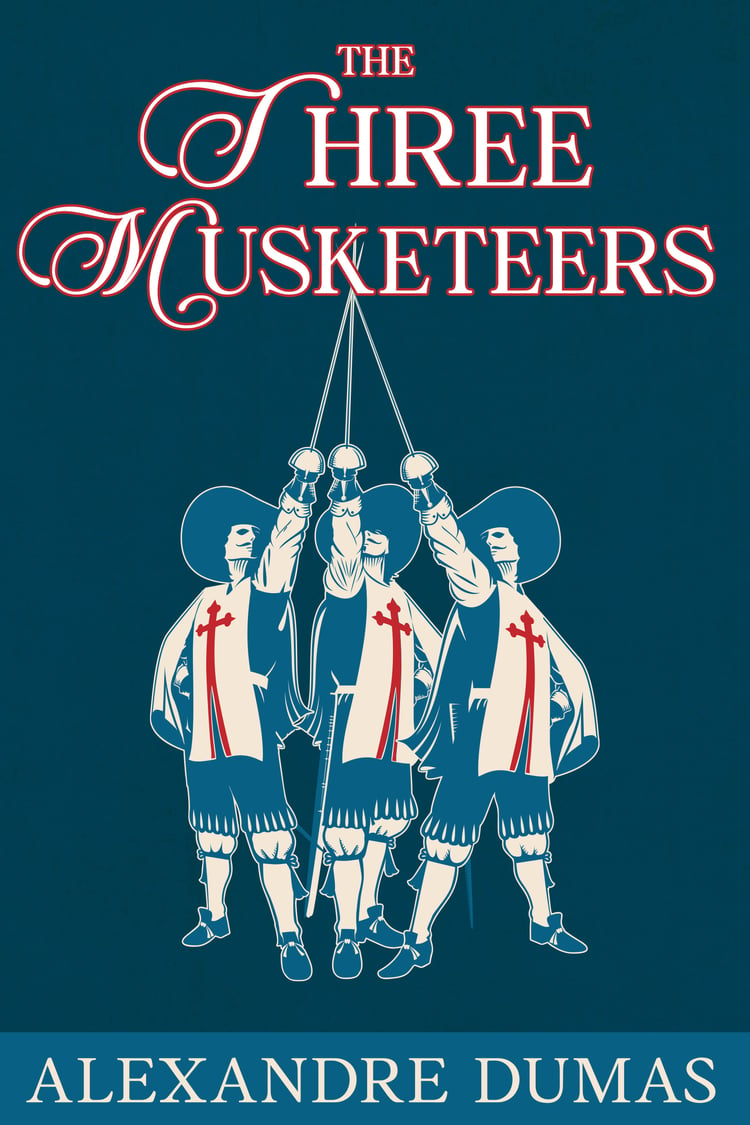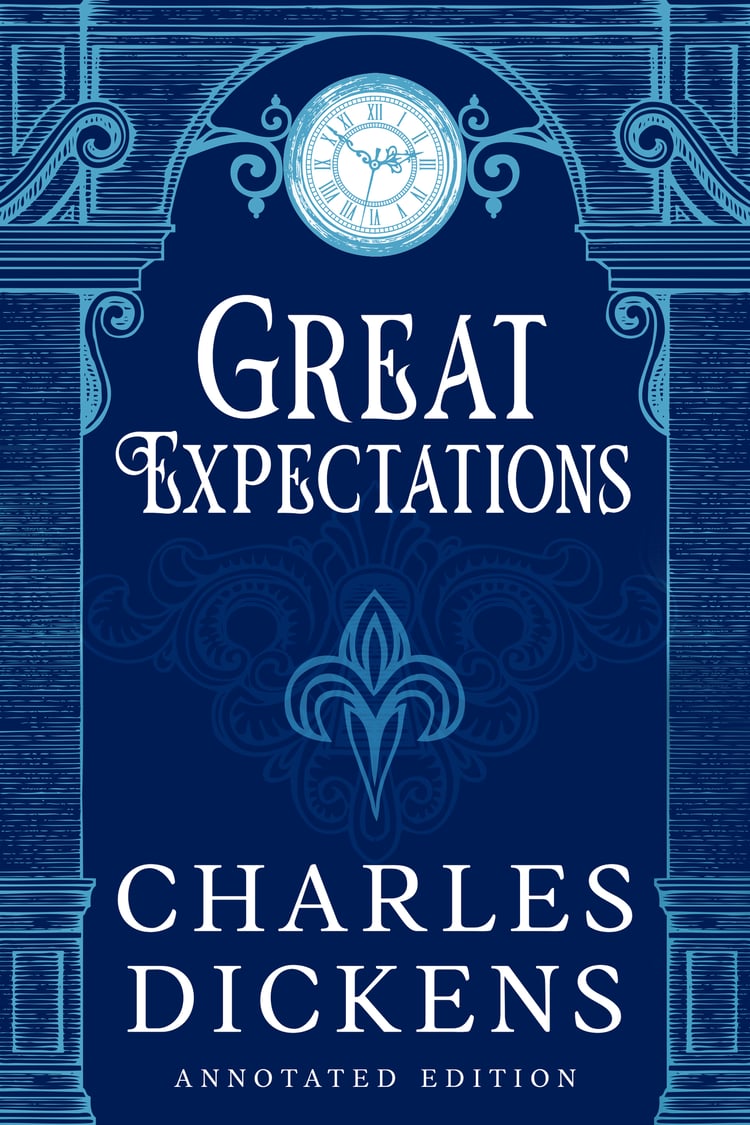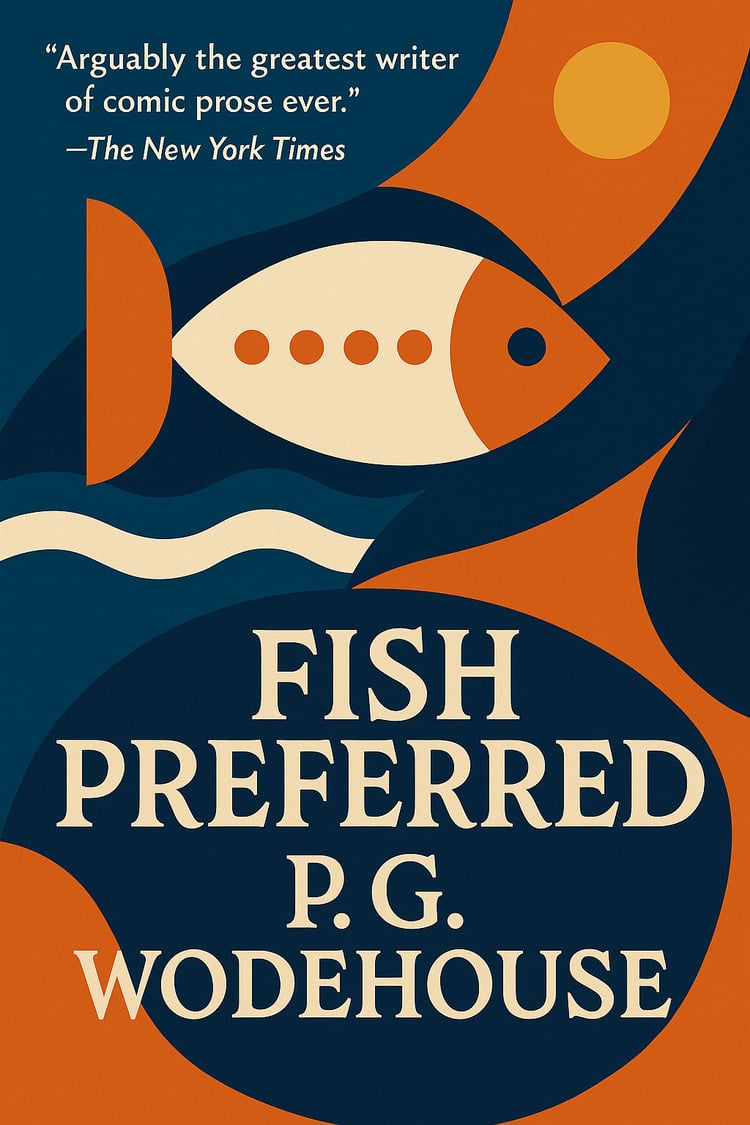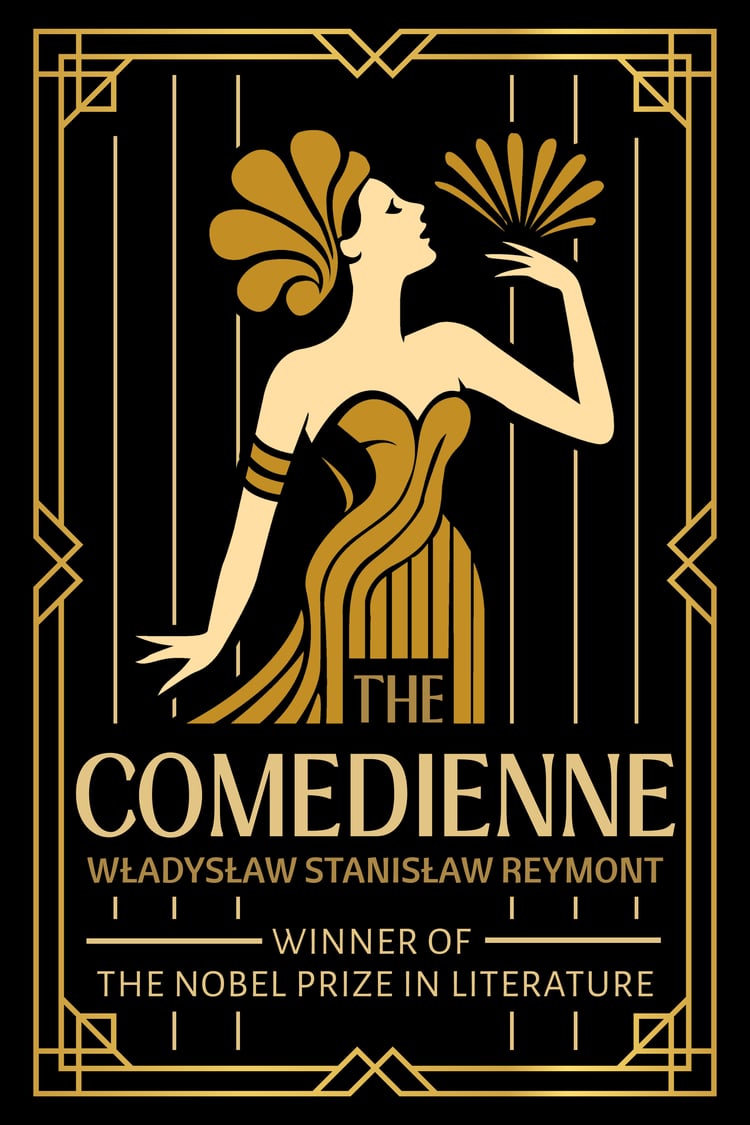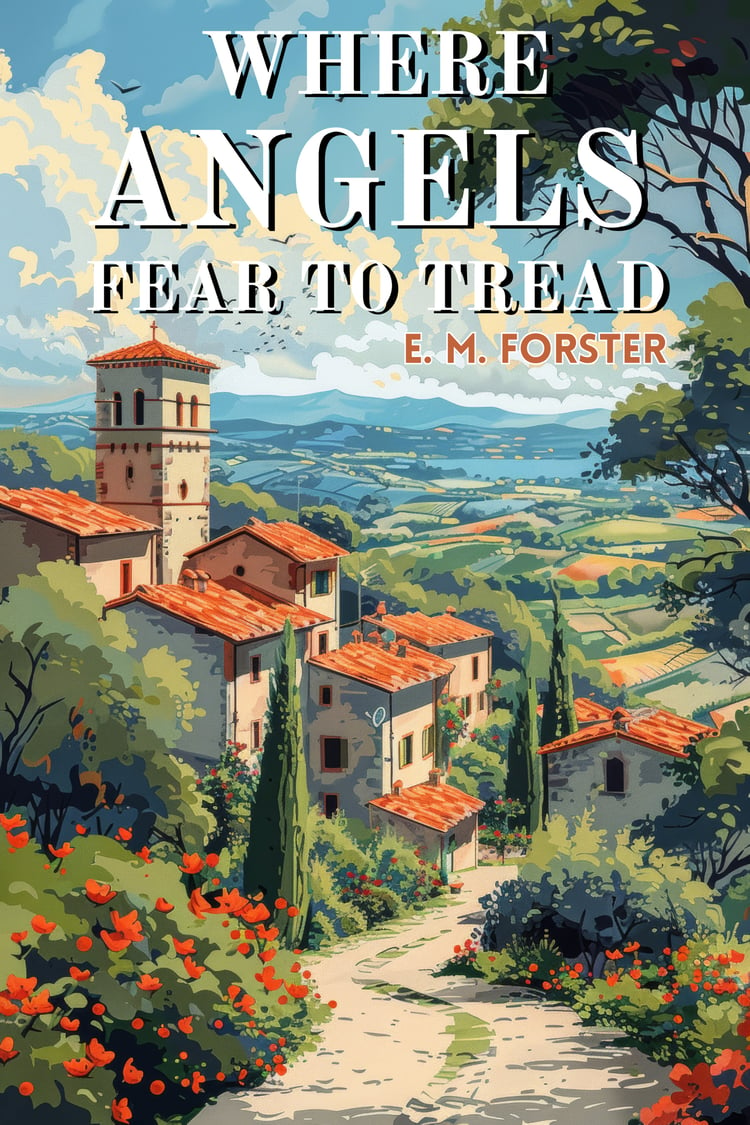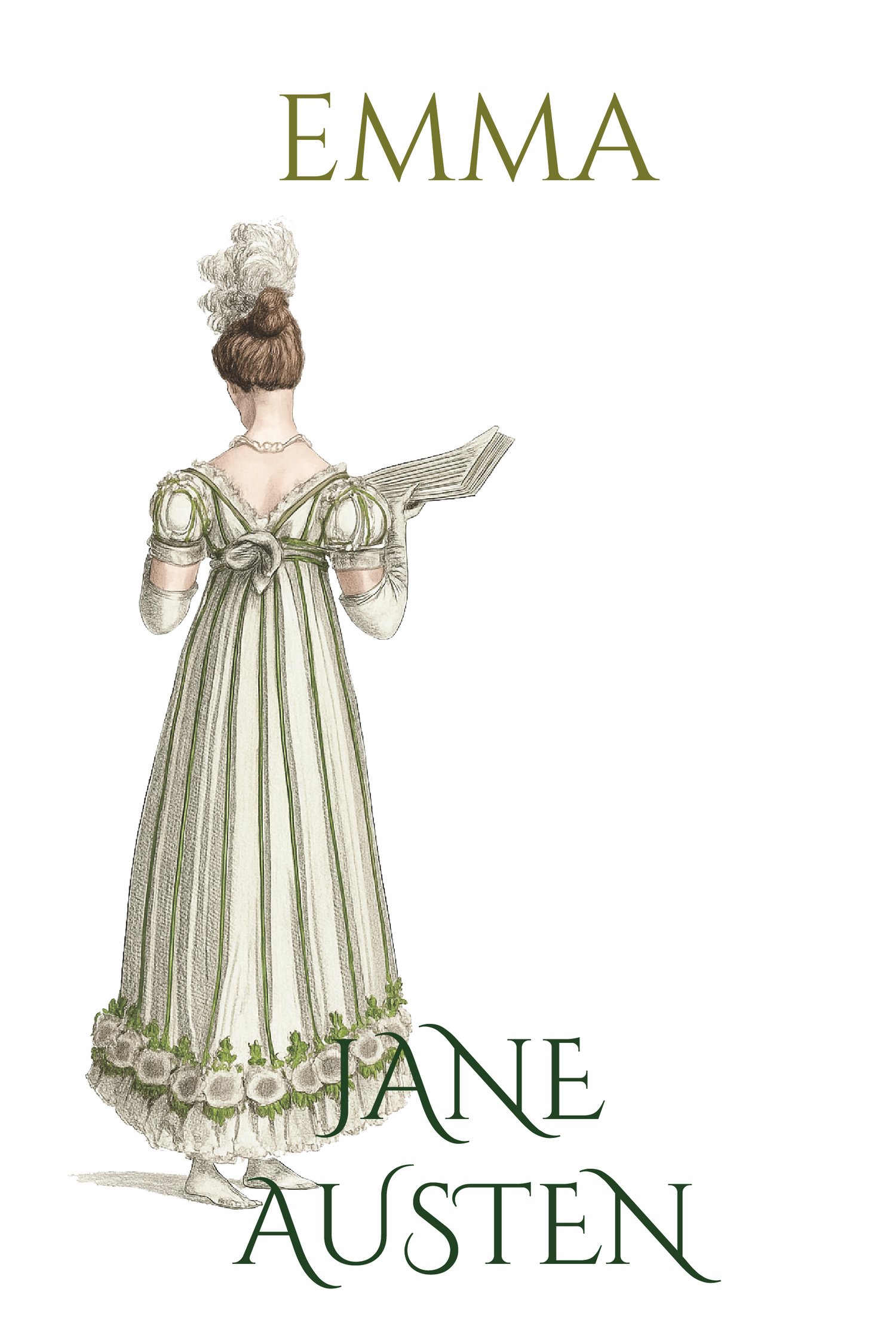
Emma
Jane Austen’s Emma is a sparkling and sophisticated comedy of manners that delves into the life of its charming yet flawed heroine, Emma Woodhouse. Described by Austen as “a heroine whom no one but myself will much like,” Emma is a young woman of wealth, intelligence, and social standing who fancies herself a skilled matchmaker. Confident in her ability to arrange the romantic lives of those around her, Emma’s meddling often leads to misunderstandings, mishaps, and unintended consequences. Through her journey of self-discovery, Emma learns valuable lessons about humility, empathy, and the complexities of human relationships.
Set in the small, tightly-knit village of Highbury, the novel explores themes of social class, marriage, and personal growth. Emma’s interactions with a colorful cast of characters, including the kind-hearted Mr. Knightley, the talkative Miss Bates, and the enigmatic Jane Fairfax, highlight Austen’s sharp wit and keen insight into human nature. The novel is both a critique of the limited roles available to women in Regency England and a celebration of the importance of self-awareness and moral integrity.
Emma is celebrated for its intricate plotting, rich character development, and Austen’s masterful use of irony and free indirect speech. The novel’s exploration of love, friendship, and the consequences of well-meaning interference has made it a timeless classic, beloved for its humor, warmth, and enduring relevance. Through Emma’s transformation from a self-assured but misguided young woman to a more thoughtful and compassionate individual, Austen delivers a story that is as entertaining as it is profound.
About the author
Jane Austen (1775–1817) was an English novelist known for her sharp social observations and enduring tales of love and morality. With works like Sense and Sensibility, Pride and Prejudice, and Persuasion, she captured the complexities of 19th-century life and relationships, earning her a lasting place as one of the most celebrated authors in English literature.



